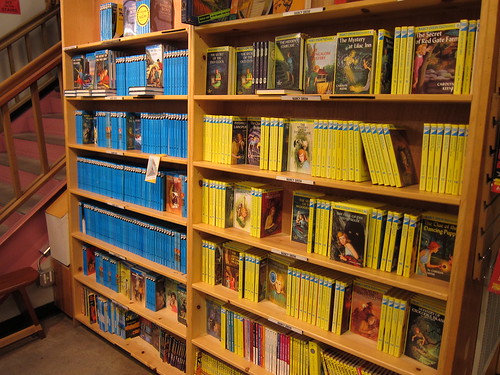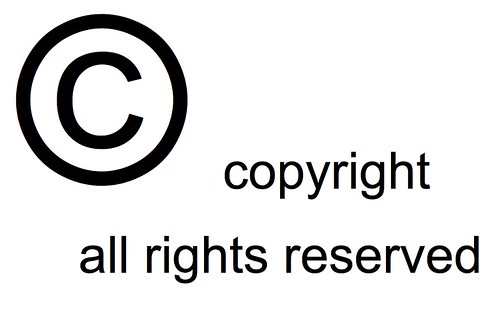In my neverending game of which writer am I comparing myself to now, I’ve realized that I may be turning into Emily Dickinson -- without the poetry and the super creepy death imagery, I hope. Not to say that any writer wouldn’t want to be like Emily Dickinson. But for the record, she did die unpublished and lived most of her life in her room. And maybe I’m becoming like her.
There are worse fates.
They Called Me to the Window, For
Emily Dickinson sat in her room, looked out her window, and wrote poems about the house across the street. She penned poetry on a few other topics, as well, and never shied away from frankly looking at death. I think that on the surface, anyone would be a little bit leery of the young woman who never comes out of her bedroom and writes poetry about death. Because it’s weird, or at least it’s not quite the average. Emily Dickinson was what’s known as a recluse. She shut herself away and isolated herself from the rest of the world. The only reason that it’s not considered to be totally insane is because Emily Dickinson was a brilliant poet. We’ve been trained to accept that genius and insanity belong together.
But I’m learning that being insane does not also make you a genius. In most all cases, it just makes you insane. And sometimes, I question my own sanity. After all...I am a writer.





























































